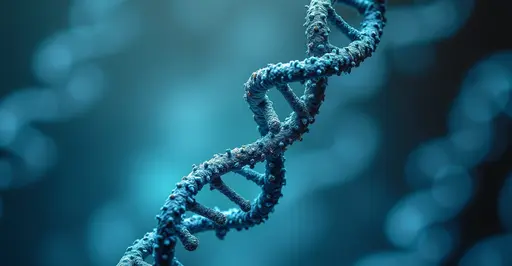
International Gene Ethics Summit Concludes in Oslo
Leading scientists and ethicists from 40 nations gathered in Oslo this week for the International Gene Ethics Summit, where they debated regulatory frameworks for human genome interventions. The summit, hosted by the Peace Research Institute Oslo (PRIO), focused on establishing global guidelines for CRISPR and other gene-editing technologies.
Key Regulatory Proposals
Participants proposed a tiered approval system distinguishing between therapeutic applications (like treating sickle cell disease) and enhancement interventions. Dr. David Liu from Harvard University presented new base-editing techniques showing 95% efficacy in clinical trials: "We're entering an era where genetic diseases become treatable, but we must proceed with ethical rigor."
Equity Concerns
A major focus was addressing global inequality in gene therapy access. Dr. Jantina De Vries from Cape Town University highlighted that less than 5% of current gene therapy trials involve African populations, despite high genetic disease prevalence. The summit drafted recommendations for technology transfer to developing nations.
Somatic vs. Germline Editing
Ethicists drew clear boundaries between somatic (non-heritable) and germline (heritable) editing. While somatic therapies for conditions like muscular dystrophy gained broad support, germline modification remains prohibited under the proposed Oslo Accord, with signatories committing to criminalize unauthorized experiments.
Security Protocols
New biosecurity measures were unveiled, including mandatory genetic watermarking of edited sequences and real-time global editing registries. Dr. Filippa Lentzos from King's College London warned: "Unregulated editing could enable biological weapons development within a decade."
Patient Perspectives
Sickle cell survivor Victoria Gray shared her experience with gene therapy: "This treatment gave me my life back. But we need ethical safeguards to prevent exploitation." Patient advocacy groups secured commitments for 30% representation in regulatory bodies.
The final declaration establishes an International Gene Ethics Oversight Committee, with full implementation expected by 2027.

 Nederlands
Nederlands
 English
English
 French
French
 Deutsch
Deutsch
 Espaniol
Espaniol
 Portugese
Portugese







